Why is Coffee Bitter?
We love featuring expert opinions, coffee tips and recipes! This guest post has been submitted by Batch Coffee, our friends and specialty coffee subscription service. If you've got an idea for an article and you'd like to be featured on the Barista & Co Journal, get in touch with Beth by emailing her at beth@baristaandco.com.
It doesn’t have to be bitter anymore!
Unfortunately, coffee can sometimes be described as bitter. Now this may be an enjoyable taste for some, and occasionally certain coffees do showcase bitter notes. But often bitterness is a negative aspect of coffee.

Coffee can taste bitter because of a few factors. Here are a few of the more likely reasons:
Roast profile:
Coffee starts as cherries which form from flowers produced on coffee plants (which make fantastic coffee gifts). They are processed at origin before being shipped to the consuming country as green (raw) coffee beans. The beans are then roasted in a huge revolving coffee roaster (like a large oven).

Coffee needs to be roasted so water can extract soluble compounds which eventually make up a cup of coffee that we know and love. The roast profile has a huge impact on the overall taste of coffee and in turn the bitterness.
Generally speaking the darker the roast, the more bitter tasting the coffee will be. Very similar to burnt toast, the coffee beans start to turn black and produce bitter tasting carbon. If you want to avoid bitter tasting coffee I would try and steer away from dark roasted coffee.
If you are accustomed to darker notes and maybe brew your coffee in a Moka pot then using dark roasted coffee from an independent coffee roaster is your best bet as they will not only purchase quality green coffee but also roast the coffee to a profile that highlights the best flavours rather than the unwanted over roasted bitterness.
Type of green coffee:
Going back to my previous explanation of how coffee is produced…
Some coffee will always taste bitter regardless of the roast because of the varietal of coffee bean or the processing method of which the fruity outer layer of the coffee cherry is removed. This can even be down to the altitude of the coffee farm.
There are 2 main types of coffee plant, arabica and robusta.
The majority of the coffee produced in the world is Arabica, Brazil producing the most by far.
Most coffee you consume from coffee shops and purchase as whole bean coffee will be some sort of arabica coffee whether it's a commodity or speciality.

Robusta is the hardier of the two and is much easier to produce, the downside is that robusta coffee typically has a bitter flavour profile. You will occasionally see blends with robusta coffee included to ‘add depth’.
Age of coffee:
As coffee beans age they become more bitter. This is because the beans have been in contact with oxygen for longer which breaks down complex compounds and can turn the coffee into a bitter tasting flavour profile.
Amount of time between grinding and brewing:
Similar to the point above. If you don't grind your coffee right before you brew then the surface area of the coffee grounds becomes far larger so the oxygen has an easier job at creating bitter tasting compounds.
Extraction/brewing:
There are many variables to keep in mind when making a coffee e.g. grind size, brew ratio, water temperature, water pressure etc. Sometimes when a variable is not right for the brew method then the end cup may taste bitter. For example if you were to grind your coffee too fine for a french press then the brew would be over-extracted which produces a bitter cup. This is because the coffee grounds have a larger surface area and the water is extracting the soluble compounds for a longer time which eventually results in the extraction of the bitter tasting plant like the centre of coffee grounds.
Another reason why coffee can taste bitter because of a brew method is that the ratio of coffee to water is off and the coffee hasn't been properly extracted. In this case the brew may be made up of the rich and occasionally bitter oils that are extracted first from the coffee grounds and not the lighter sweet notes that come in at the end of the brew to give balance.
We're always on the lookout for coffee experts to submit a guest post to the journal. Think you've got what it takes? Pitch your article ideas to Beth by emailing her on beth@baristaandco.com.




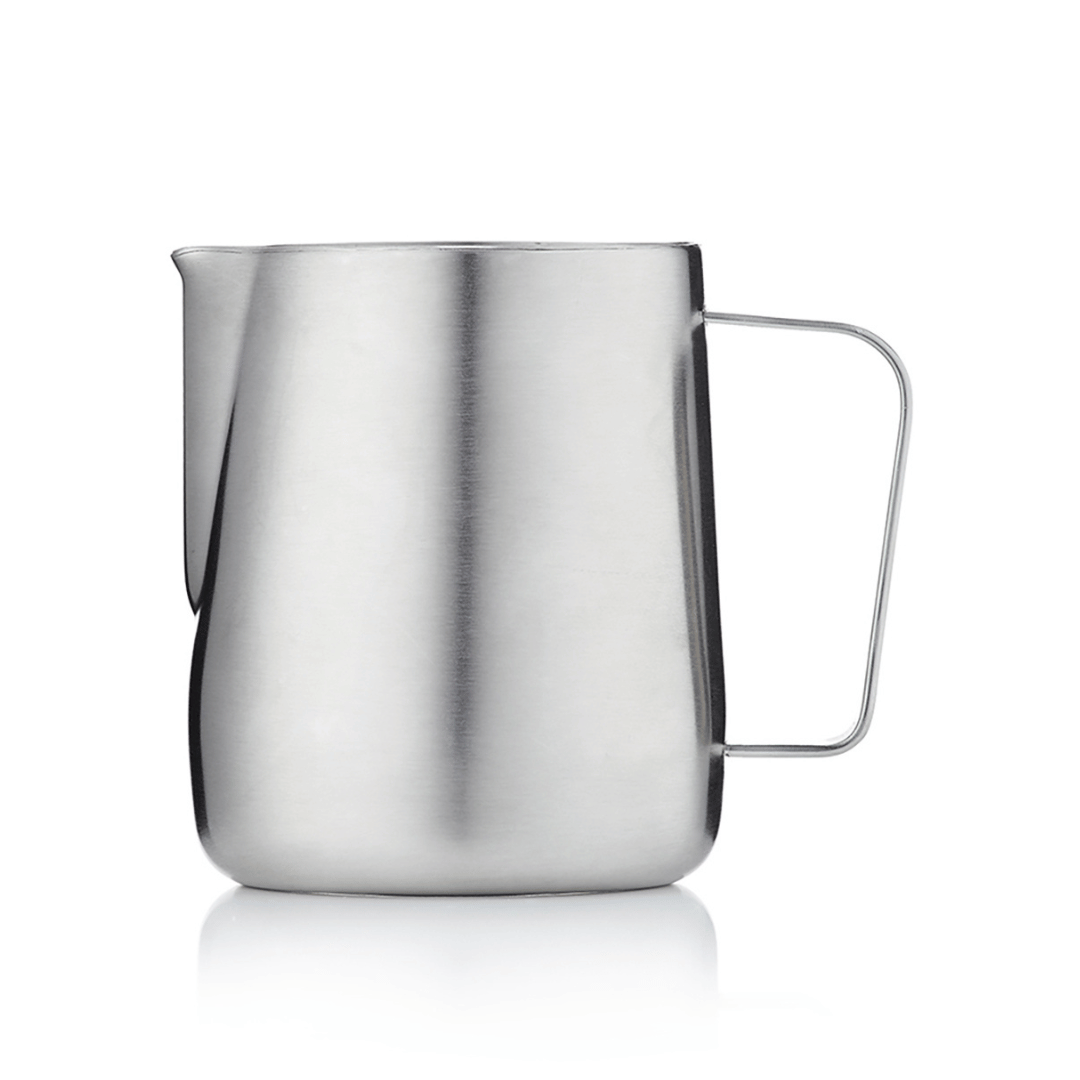
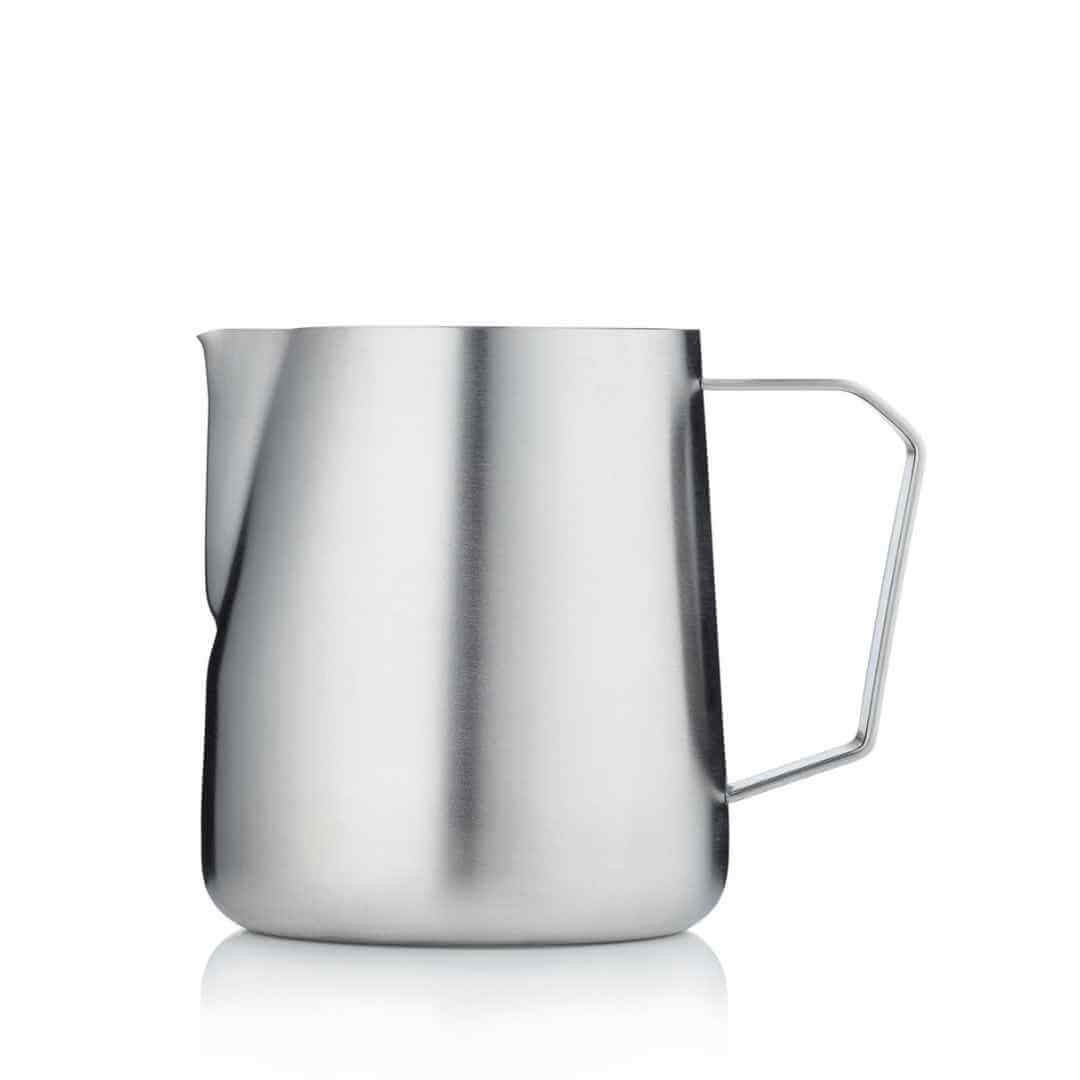
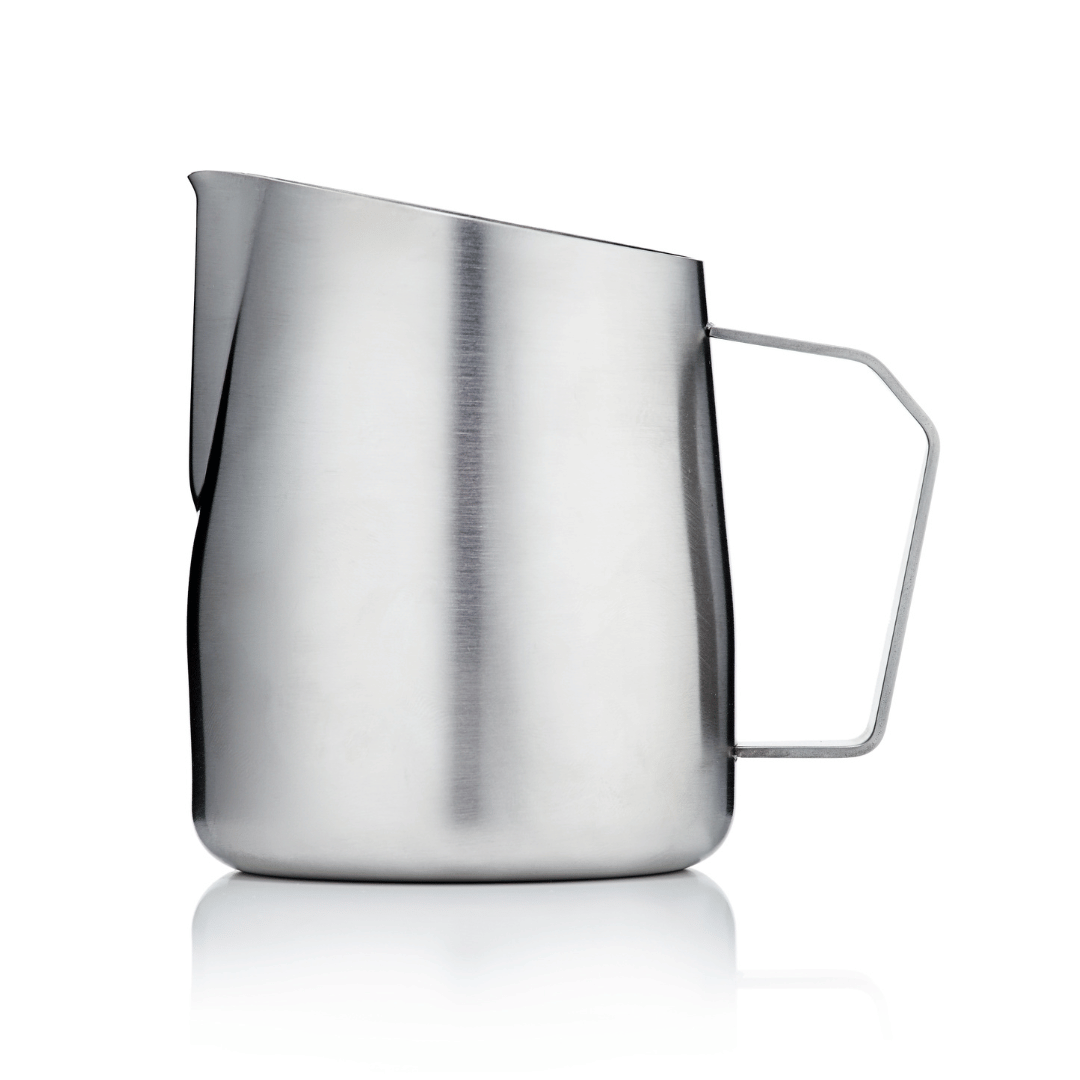
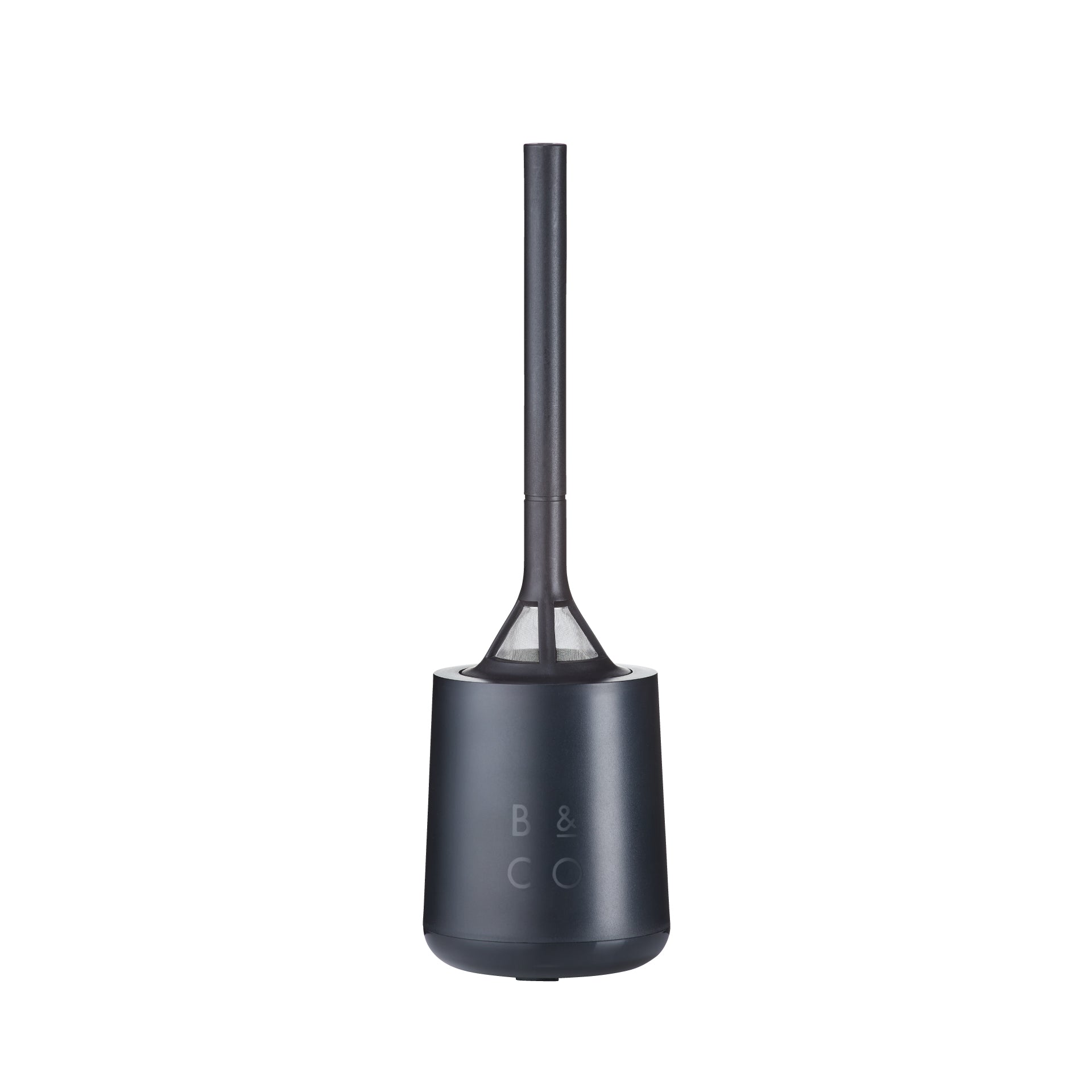
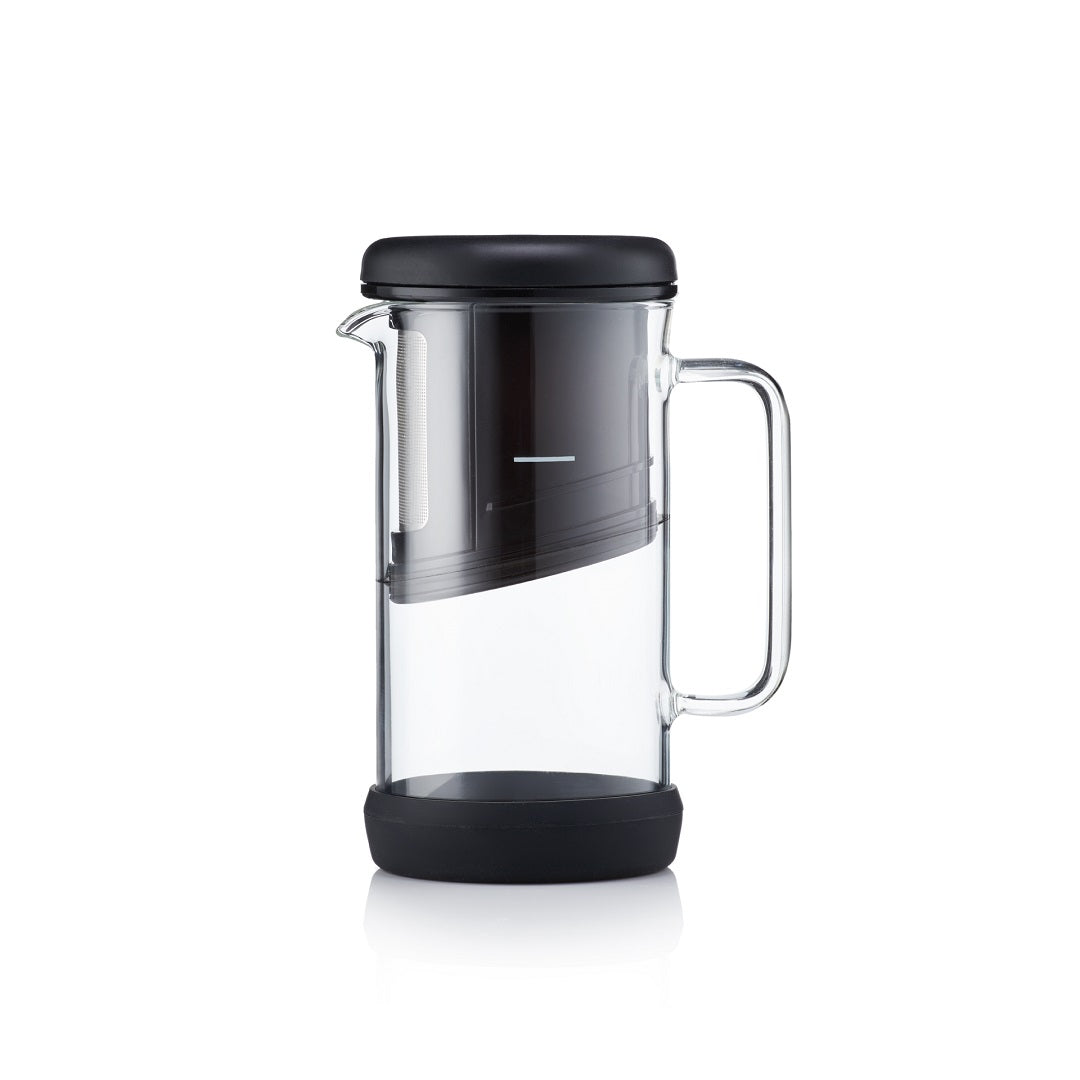

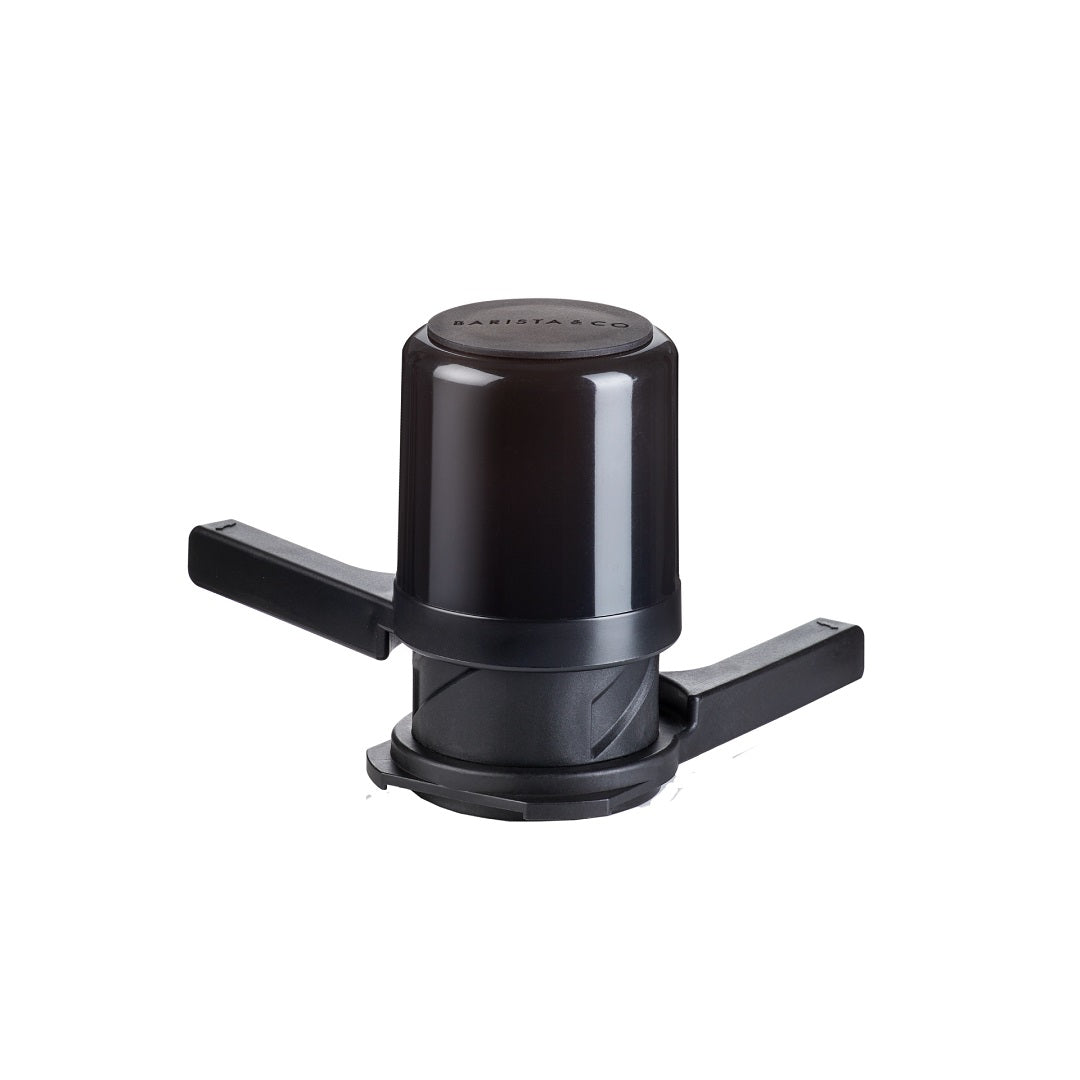

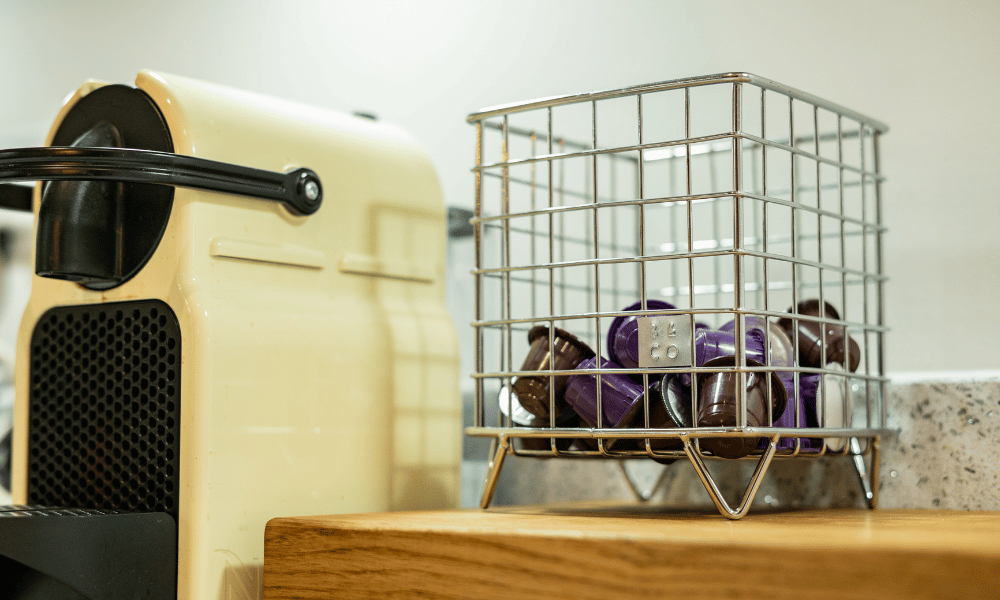
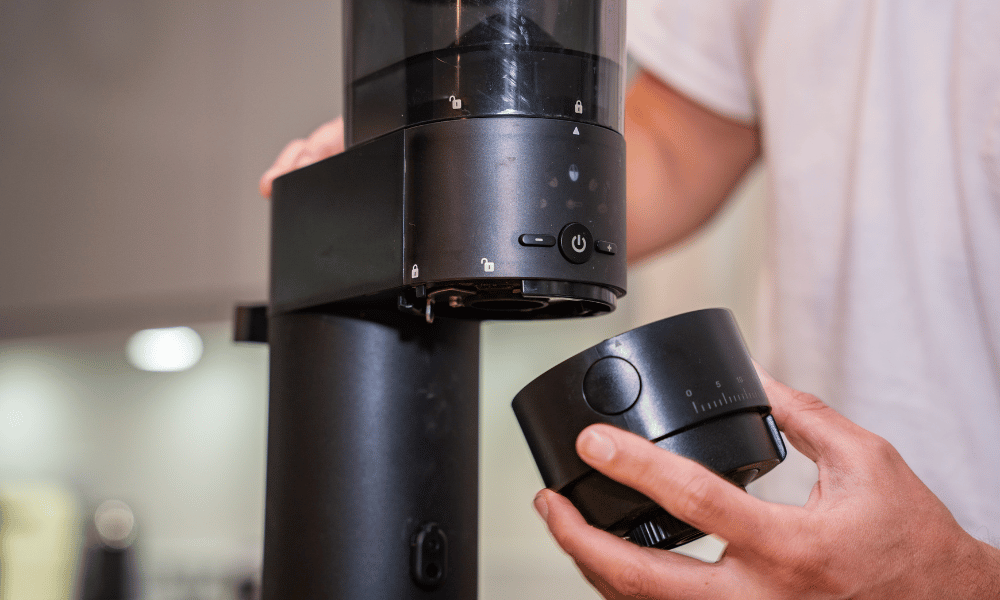

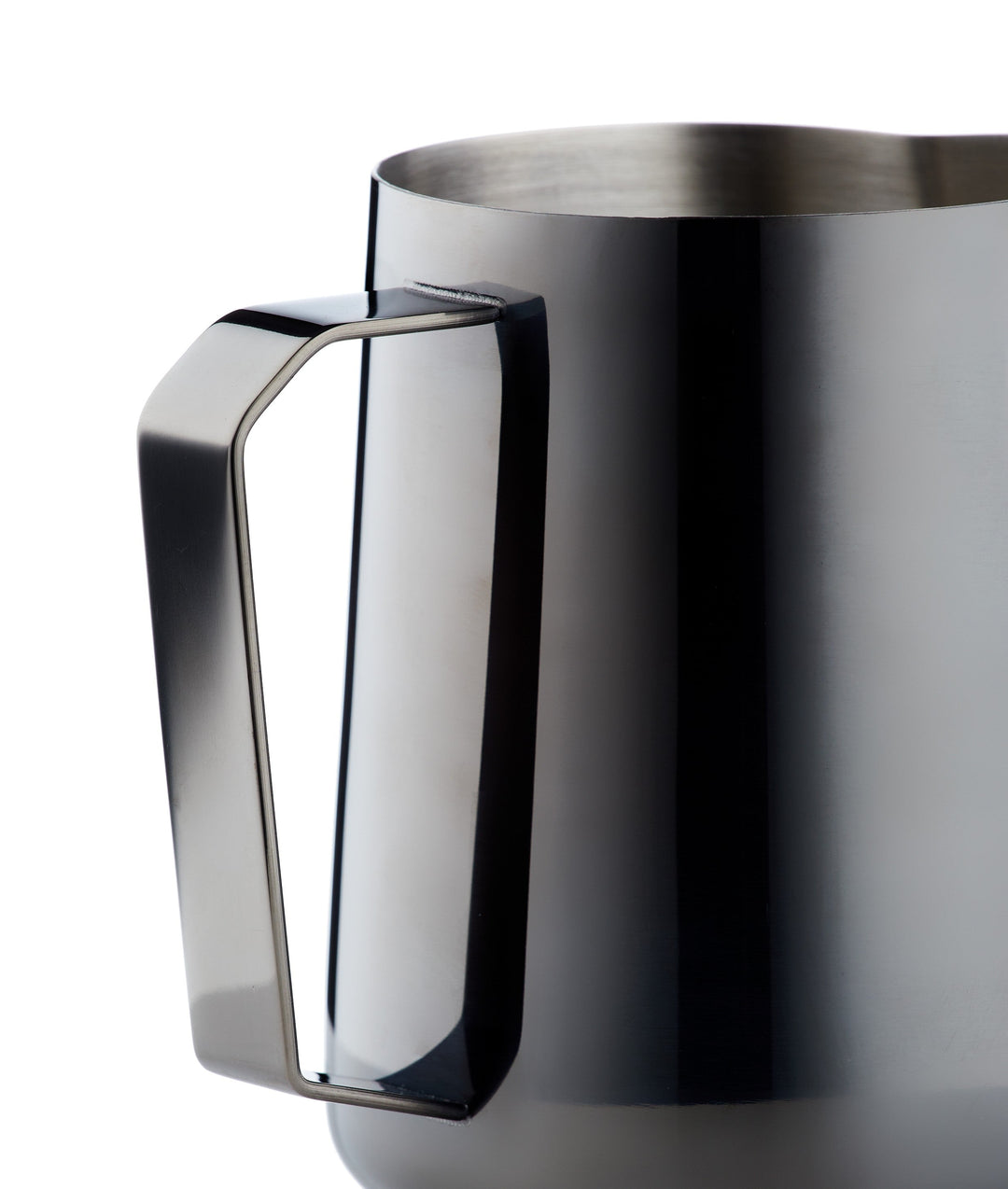

Leave a comment